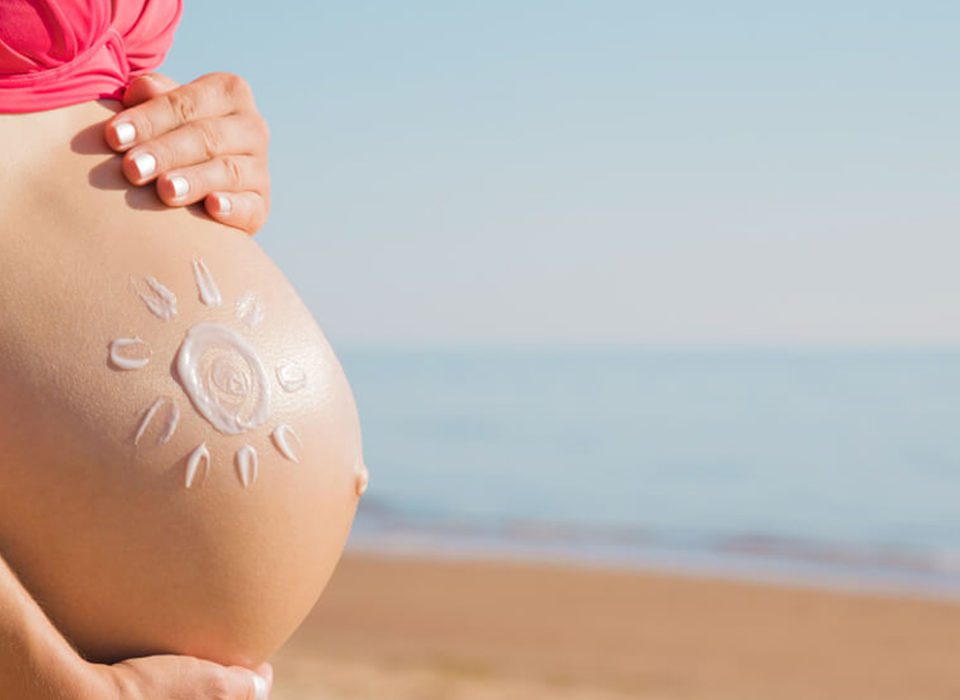Influenza, also known as influenza, is one of the serious infections that kill thousands of people around the world every year. The flu vaccine is one of the most effective ways to prevent this type of disease, which has serious consequences mostly in people over 65 years of age and those with chronic diseases. According to research by the American Immunization Practices Advisory Committee, the main target group of the influenza vaccine is people over 65 years of age, people with chronic diseases, healthcare professionals and pregnant women. 2. or Women whose 3rd trimester falls during the epidemic period.
Flu Vaccination during Pregnancy
Flu vaccines are produced by changing the ingredients every year. The content of the vaccine is developed to prevent viruses that are expected to cause an epidemic in that year. The flu vaccine is available as a live vaccine in the form of a spray and a non-living vaccine in the form of a shot.
Influenza during pregnancy also increases the risk of complications, especially when it occurs in the last months of pregnancy. Early diagnosis and treatment of influenza infection will prevent the development of complications on the expectant mother and baby. When fever exceeding 38 degrees Celsius is accompanied by complaints such as sore throat, headache, runny nose, cough, body pain, medication (antiviral) treatment effective against the flu virus should be started without wasting time.
As a result of research conducted by the Centers for Disease Control and Prevention 2. or For expectant mothers whose 3rd trimester will coincide with the flu season, it is recommended to get a flu vaccine. Since the flu vaccine does not contain live viruses, it does not have any negative effects on the expectant mother or the baby. The flu vaccine, which can be safely administered at almost any stage of pregnancy, is still not administered by many physicians in the first trimester unless absolutely necessary. Since the risk of miscarriage is higher during this period, it is recommended to get the flu vaccine after the first trimester.
The best time to get the flu vaccine is October and November. Although the flu vaccine, which can be safely administered to breastfeeding mothers, is never 100% effective, it is recommended to be administered during pregnancy as it provides protection against influenza viruses that are expected to cause problems during the period in which it is mostly administered.
SOURCES
* ACOG, Committee on Primary Care. Primary and preventive care: periodic assessments. Obstet Gynecol 1999; 94: 1-7 (ACOG Committee Opinion #229).
* Bierman CW, Shapiro GG, Pierson WE, Taylor JW, Foy HM, Fox JP. Safety of influenza vaccination in allergic children. J Infect Dis 1997;136;S652-5
* Centers for Disease Control and Prevention. Prevention and control of influenza: recommendations of the Advisory Committee on Immunization Practices. MMWR 2002; 51(No. RR-3): 1-31.
* Heinonen OP, Shapiro S, Monson RR, Hartz SC, Rosenberg L, Slone D. Immunization during pregnancy against poliomyelitis and influenza in relation to childhood malignancy. Int J Epidemiol 1973; 2:229-35
* Kirshon B, Faro S, Zurawin RK, Samo TC, Carpenter RJ. Favorable outcome after treatment with amantadine and ribavirin in a pregnancy complicated by influenza pneumonia: a case report. J Reprod Med 1988;33:399-401.
* Margolis KL, Nichol KL, Poland GA, Pluhar RE. Frequency of adverse reactions to influenza vaccine in the elderly: a randomized, placebo-controlled trial. JAMA 1990;264:1139-41.








